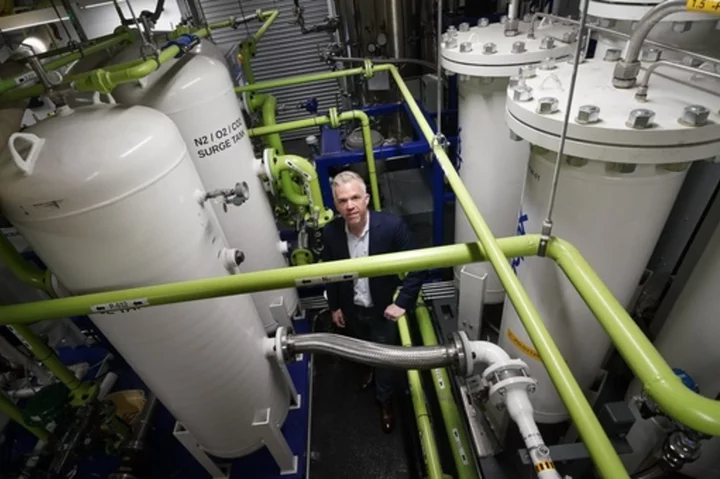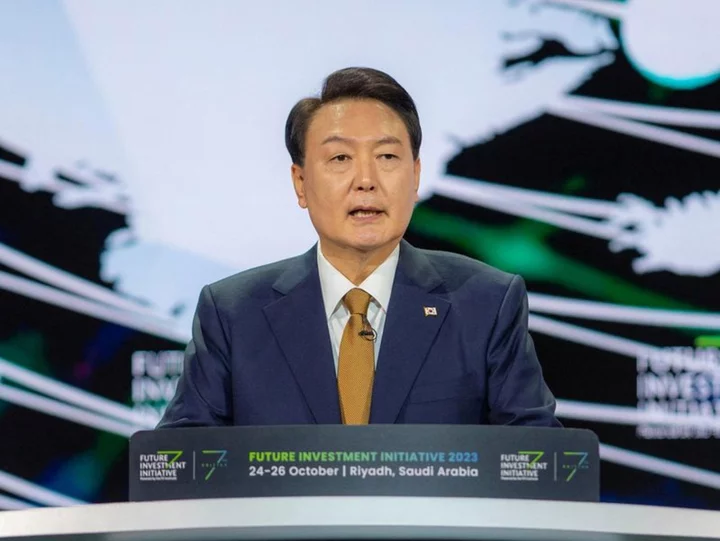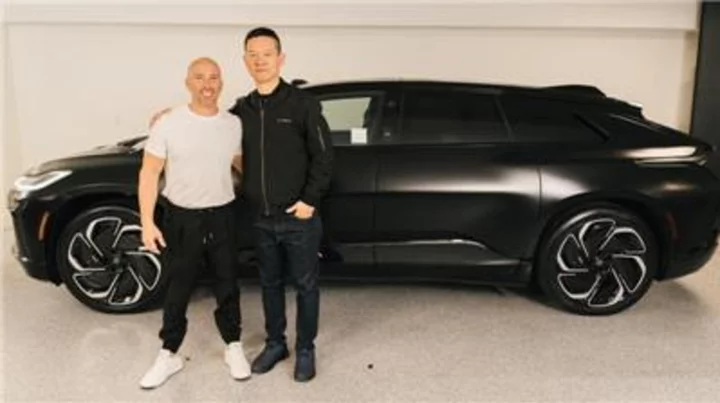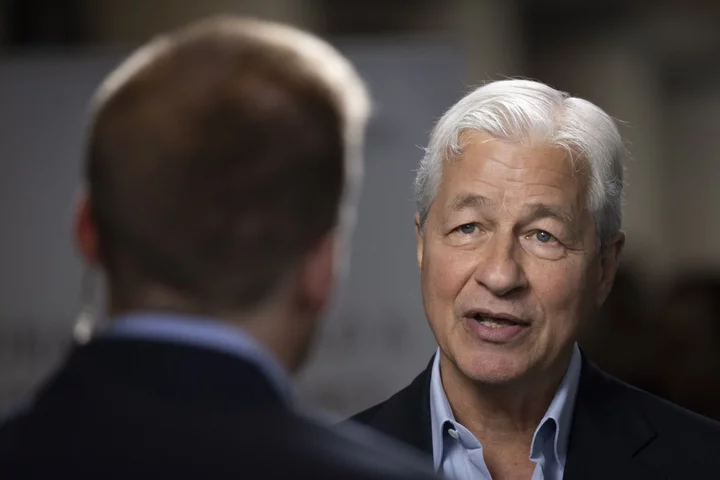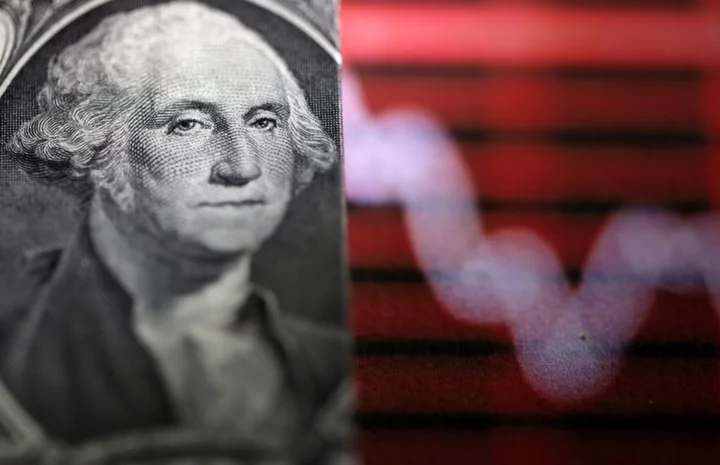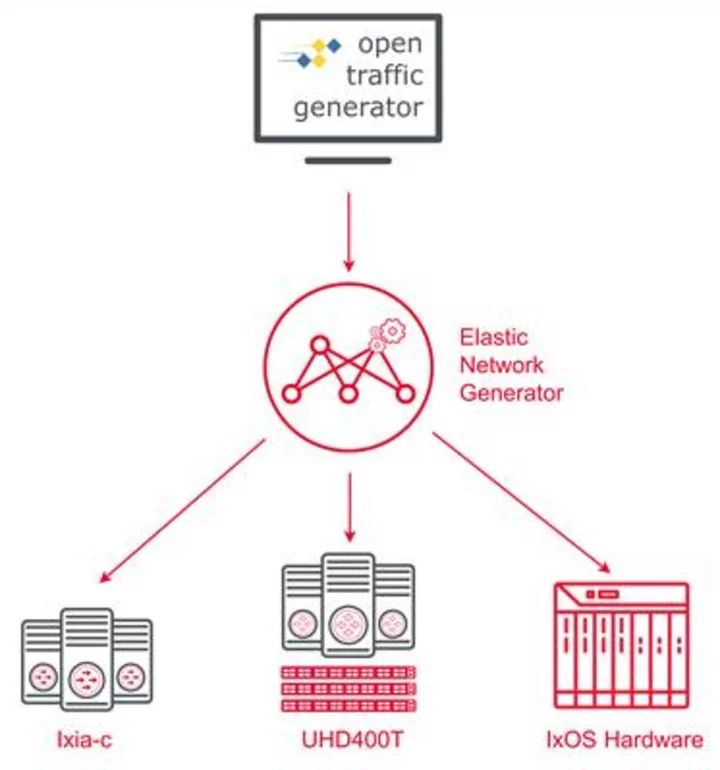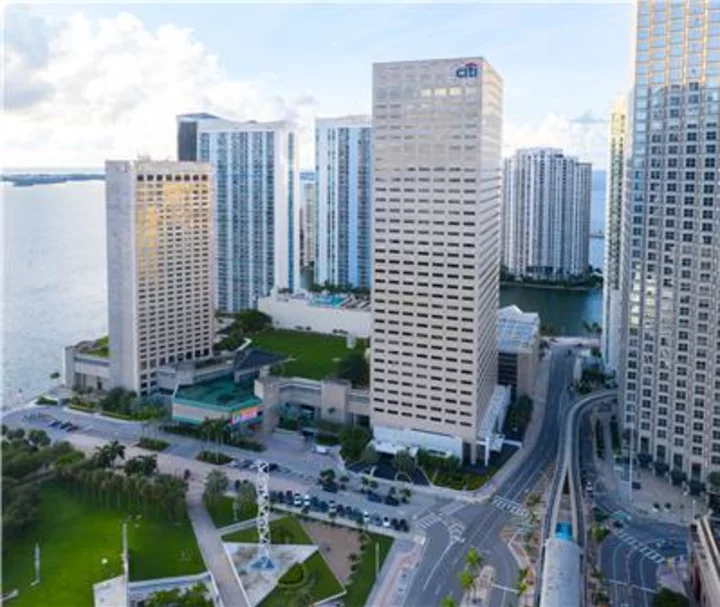Thousands of expatriate Indians have begun thronging Australia’s largest entertainment and sporting arena in Sydney to welcome Indian Prime Minister Narendra Modi during his first visit in nine years.
The fans will come from across the country — on chartered flights from Melbourne dubbed “Modi Airways” where a one-way ticket cost A$249 ($165.17) and on the “Modi Express” coach from Canberra and Brisbane. Tuesday’s donations-funded event will be held at the Qudos Bank Arena — the same venue where the Backstreet Boys performed in March and Sam Smith and Lizzo will take the stage later this year.
The music and dancing to welcome Modi began a few hours before he’s scheduled to address the Indian diaspora alongside Australian Prime Minister Anthony Albanese.
Modi’s rock star like welcome at the 21,000-seat arena — despite his party’s loss in a crucial state election earlier this month — underscores his massive public appeal among many Indians at home and abroad. He’s drawn huge crowds at similar venues in the UK and the US since he swept to power in 2014.
While non-resident Indians or NRIs are not a significant vote base — they can vote in Indian elections but need to fly down to cast their ballot — they’re an important source of electoral funding and of massive social media support for the Indian leader, especially as Modi looks to a third term in office in 2024.
The main reason for Australia visit is “the populist one,” said Sushant Singh, a senior fellow at the Centre for Policy research, a New Delhi-based independent think tank. “His party leaders go out of the way to highlight how he is respected globally and done India proud on the global stage. The event may be held abroad but the audience is very much in India.”
The Indian leader also greets visiting foreign counterparts with great pomp and ceremony. When Australia’s Albanese visited India earlier this year the two leaders entered a stadium named after Modi in his home state of Gujarat on a glitzy gold chariot to thunderous applause.
Before arriving in Sydney on Monday, Modi went to Papua New Guinea to attend the Forum for India-Pacific Islands Cooperation summit and met with Prime Minister James Marape on the sidelines.
Earlier Tuesday, Modi had closed-door meetings with Australian and Indian business leaders including Fortescue Metals Group Chairman Andrew Forrest and representations from pension fund AusSuper. On Wednesday, he will hold a bilateral dialog with Albanese at Kirribilli House — a beautiful harbor-side location in Sydney — to discuss trade, defense and geopolitics.
Modi’s visit was meant to be part of a summit of leaders from the so-called Quad grouping that includes Japan and the US. That meeting was later held on the sidelines of the Group of seven meet in Hiroshima, Japan after US President Joe Biden cut short his itinerary to return home and deal with debt ceiling talks.
Japan’s Fumio Kishida also canceled but Modi decided to press ahead with the visit to Australia, home to more than 700,000 people of Indian origin, the second-highest tax-paying diaspora behind the British.
Modi’s two-day trip comes as Canberra is attempting to strengthen its diplomatic and economic ties with New Delhi to offset growing strategic competition between the US and China, its largest trading partner. Australia views the South Asian nation’s burgeoning middle class as key to boost growth.
Australia is currently not among India’s top 10 trade partners, with bilateral trade standing at $27.1 billion last year, less than a tenth of that between Australia and China.
That relationship is expected to more than double to around A$60 billion over the next five years, after a trade pact kicked into place last year cutting or eliminating tariffs on a number of goods and services, and gives greater recognition of professional qualifications.
While Australia has emerged as a key source of thermal coal for India’s rising electricity needs it’s also hopeful of boosting its exports of premium wines, lentils, almonds and avocados. It’s also looking to sell critical minerals and hydrogen. On the flip side more Indian students and tourists are also expected to look to Australia as a destination.
“Our trading relationship really isn’t where it should be and that’s what’s going to be significant out of this visit,” said Lisa Singh, CEO of Australia India Institute. “What we want to see is our trading relationship extend to around the A$100 billion mark.”
--With assistance from Sudhi Ranjan Sen, Haidi Lun and Shery Ahn.


